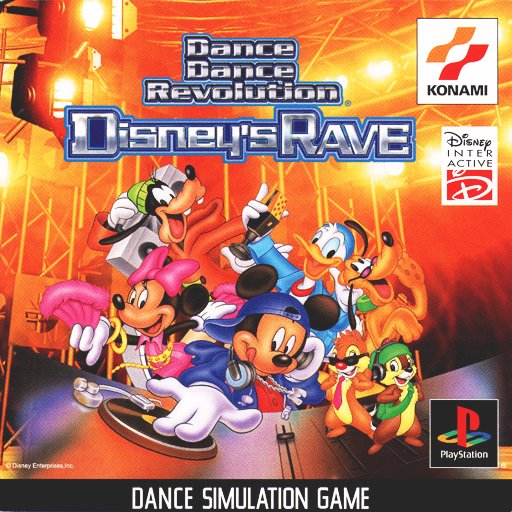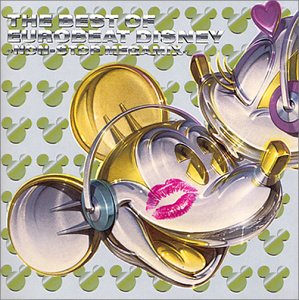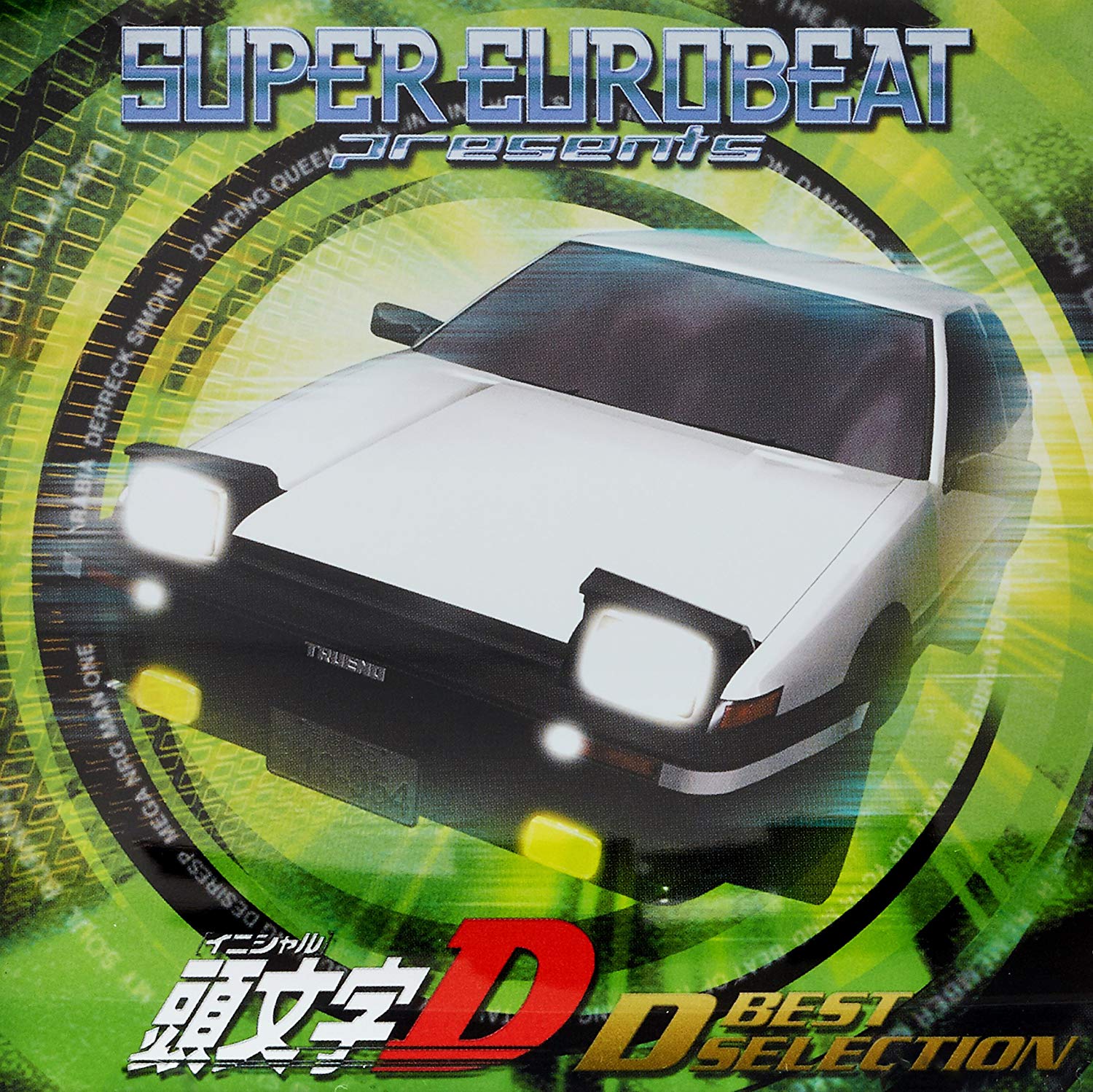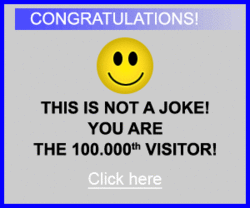
EuRoBeAt !!!

I found out about the world of Eurobeat through Gyaru, because of the movement of Para Para dancing. But instead of staying on the surface of just dancing to select Eurobeat songs, I have fallen into the deep end of the Eurobeat lifestyle, ranging from the use of multiple aliases to Eurobeat remixes of Disney songs licensed by Disney themselves. Here's what I know about the genre so far.
Para Para

Para Para is a style of dancing popular in the the Japanese subculture Gyaru. Para Para dances are often officially choreographed and distributed through VHS/DVDs, namely Para Para Kyouten and Para Para Paradise (not to be confused with the arcade/PS2 game of the same name, we'll get to that later). Those who create their own Para Para dances are called OriPara (original Para). Para Para is often done to Eurobeat music, with many claiming it's the only way to dance to Eurobeat due to its fast nature. This was my introduction to Eurobeat, and with my growing interest in Gyaru, I've even started making my own OriPara.
Para Para Paradise

Para Para Paradise is a Para Para/Eurobeat based rhythm game made by Konami. The game controls with five motion sensors that respond to hand inputs based on the song playing. The arcade cabinet is difficult to find nowadays, since PPP wasn't a very successful game, however a game was made for the PlayStation 2 under the same name, and it came with a controller similar to that of the cabinet. It contained five motion sensor pads made to track your hand movements, however it's tedious to set up since you have to calibrate the sensors according to your height with a dial on each pad. I learned this the hard way after I installed PPP on a PS2 emulator excited to play and discovered I needed the controller...
Dance Dance Revolution featuring Disney's RAVE

On the topic of rhythm games, one of Konami's more popular rhythm games, DDR, has a version called either Disney Mix in Europe and the US, or Disney's RAVE in Japan. It's DDR, but with Eurobeat remixes of Disney songs from the Eurobeat Disney CD series (which we will get to). Not only this, this is the only DDR game to feature Eurobeat songs pre-PPP, such as famous track Night of Fire. Yes, the DDR game featuring "It's A Small World (Ducking Hardcore Mix)" is the only DDR game featuring Eurobeat song Night of Fire, I know. But it's for this reason that I love DDR: Disney Mix, it's the only DDR game that features any Eurobeat tracks (2nd ReMIX featuring Boom Boom Dollar doesn't count), even if those Eurobeat songs are "Supercalifragilisticexpialidocious" by Go Go Girls.
Eurobeat Disney

Eurobeat Disney is a series of CDs licensed by Walt Disney Records released between 2000-2001. The three CDs consist of Eurobeat remixes of Disney songs, ranging from general songs in relation to Mickey Mouse and the gang (Mickey Mouse March, Macho Duck) to songs from Disney musicals (Zip-A-Dee-Doo-Dah, Hakuna Matata), all recorded by popular Eurobeat artists (Dave Rodgers, Domino, King & Queen). When I tell you I am addicted to "Heigh Ho" by Matt Land, I am not joking. When I tell you I can't stop listening to "You'll Be in My Heart" by Dave Rodgers, I am not joking. I don't like that I like these songs.
SUPER EUROBEAT

Super Eurobeat is a series of CDs released by avex trax in Japan. It has been running since 1990 with over 250 volumes, and contains tracks from the most popular Eurobeat artists under various aliases, most notably Dave Rodgers, Go Go Girls, Domino, King & Queen and Franz Tornado. I haven't dived deep into the world of Eurobeat tracks within the Super Eurobeat series, but I'm getting there.
Initial D

Initial D is an anime most known for its popularisation of Eurobeat music, specifically "Running in the 90s" by Max Coveri, "Gas Gas Gas" by Manuel and "Deja Vu" by Dave Rodgers. I'm going to assume that most of you were looking for this section of the page because it's the first thing you thought of when I mentioned Eurobeat, and for that reason I am going to give you no information on anything regarding it, because fuck you. (I also haven't watched the anime, so double fuck you.)
I just find it funny that one of the most popular music genres in Japan isn't even Japanese, it's Italian. I mean, there's J-Euro, which is basically Japanese Eurobeat, which is kinda defeating the purpose, but you know.
Links
- Kenny Tan on Youtube: Someone who's uploaded every Para Para Paradise DVD by track, meaning you can pick between different Para Para.
- My own collection of Para Para
- Eurobeat Disney Vol. 1-3
- Dancing Stage Disney Mix Soundtrack

